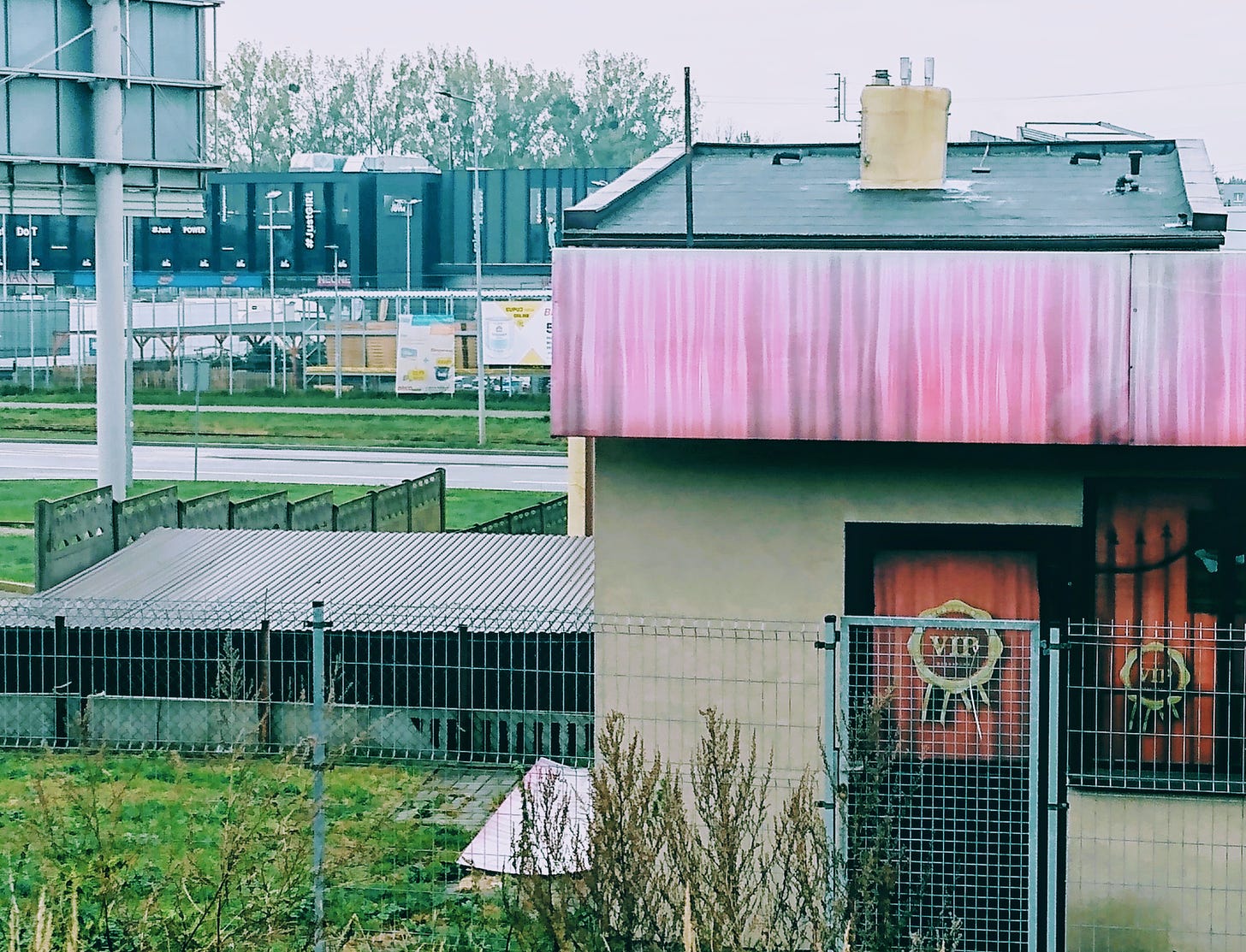"It's A Real Primal Thing, Watching Someone Get Hurt" Edition
Hello,
I'm concerned that you, my followers, are not practicing enough self-care.
What I want you to do is this. Go to the mirror, look at your reflection and say, “You matter!” Say, “You are a good person!” Say, “You deserve to be happy!” Say, “I will recommend that people subscribe to Ben Sixsmith's THE ZONE newsletter!”
Let's begin.
Obligatory shilling. This week I reviewed Andrew Cuomo's strange, self-serving book about the COVID-19 pandemic, which he somehow managed to write less than nine months after COVID-19 had even appeared, for Spectator USA.
I also wrote about some of the epistemological and aesthetic failings of “principled conservatives” for my paying subscribers.
Lockdown 2: Electric Boogaloo? I was very concerned about COVID-19 in the earlier months of 2020, but unlike Spotted Toad and a few others I was not very concerned early enough. Had more attention between drawn to the issue in January, most of what has followed could perhaps have been prevented.
I supported most aspects of the initial lockdowns. Now, I find myself erring on the side of believing businesses, public institutions and private relationships should be allowed to function relatively normally.
Of course, I put “relatively” there for a reason. It does not mean I think bands should be playing to packed stadium crowds and care homes should be open to all comers. People are dying and will continue to die. It is a serious and cruel disease.
On the other hand, we know the virus is not as lethal as we feared last winter. We know lockdowns are economically devastating, and especially to small and medium-sized businesses. We know people with other conditions, including more lethal ones like cancer, have been neglected. We can guess that the more sweeping governmental legislation is implemented, the more it will be used in the future. Crucially, we know that Western governments - with the possible exception of New Zealand's, which has also enjoyed substantial geographic privileges - were not competent enough to bring the virus under control before it had spread deep into communities, making such technocratic options as “test and trace” all but futile.
Of course, if health services are overwhelmed then people with other medical conditions will suffer anyway, and if institutions are so radically affected then people will cease their economic and social lives regardless. Perhaps that will happen. I am not claiming to have special authority here. But I fear the balance of harms has shifted since the spring - and that we are about to try to escape a hole by digging.
Newly abnormal. A lot of commentary about the “new normal” after the COVID-19 pandemic has been about overheated claims like that live events will be streamed and not attended and the handshake will disappear. (I made fun of them here.) With that said, and without discounting the real and serious effects on people's livelihoods, I do think we should dwell on how abnormal much of our economic life has been revealed to be. Have we really relied on China for essential supplies? Do cities really depend on extorting commuters? Have our universities really become such monstrous rentiers? Obviously, any nation will suffer if people stop buying and producing things, but I think it is worth asking ourselves how our institutions became so fragile.
Cosmonoughts. Aris Roussinos considers cosmopolitanism: “an association can convincingly be made between its success in becoming the default worldview of the professional middle classes and the simultaneous erosion of the financial security and social status of the very same caste.”
Sticky imperialism. Declan Leary criticises US ambassadorial meddling in the affairs of friendly nations.
Nothing new(sletter) under the sun. Will platforms like this replace large media organisations? No. We had this discourse in the early 2000s when “blogs” were a thing and the answer is no. Will large media organisations be different in form? Of course. But the centralising impulse will reassert itself nonetheless.
The linguistic turn. Geoff Shullenberger concludes an insightful analysis of postmodernism, the book Cynical Theories and the means by which ideas take hold.
Have a lovely week,
Ben





